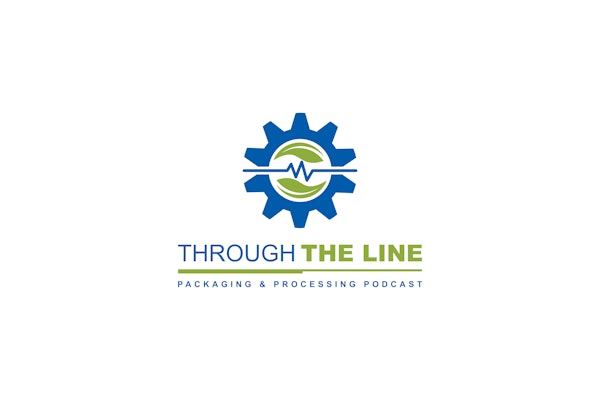Three out of four pharmaceutical and medical device respondents say their companies are looking to make capital investments in the next 12-24 months, either to refurbish their old tooling or to purchase new equipment, according to a new report by PMMI Business Intelligence. These decisions will be driven by technology, automation and regulation, as well as by cost and ROI. Regulations and disruptions due to COVID-19 have also driven demand for innovative, advanced equipment.
Automation: Over 60% of companies in pharmaceutical processing and related services said that if given the opportunity, they would choose to automate their operations, and remote access has become more of a necessity.
Companies are investing in advanced machinery to increase the speed of packaging and improve efficiency. Examples of automated line equipment include:
· Labeling systems that apply wraparound film or paper labels onto a container at speeds up to 600+ per minute.
· Form-Fill-Seal Technology, which uses a single piece of equipment to form a plastic container, fill the container and provide an air-tight seal for the container.
· Automatic Blister Packing Machines are becoming increasingly more popular due to the anti-tampering value and individual tight seals. Automatic blister packing improves efficiency on the production line, while maintaining consistency and quality.
· Digital Technology, IoT and Blockchain are helping companies connect their machinery to smart devices, troubleshoot and report errors, optimize operations, gain insights into data across machines, and record across the supply chain.
Self-Administration of Medication has become more common, and therefore the production of self-injection devices and prefilled syringes has risen. Companies are investing in assembly and filling equipment that allows fast changeover time for various auto-injectors.
Personalized Pharmaceuticals are driving demand for machinery that can package smaller batches with shorter lead times. These batches often require agile and fast-paced scheduling from pharma manufacturers.
Digitalized Packaging that communicates directly to the consumer to ensure medical monitoring and improve patient outcomes.
Flexible Production where machines can change from one product size to another is becoming increasingly desired by packaging companies as product variations continue to proliferate. Respondents pointed out that machines that are portable or suitable for small batches will trend, as the pharmaceutical industry moves towards more personalized drugs, and more batches have more unique sizes, dimensions, and formulations.
Sustainability is a key focus for many companies as they look to reduce waste and improve cost efficiency. Packaging is becoming more environmentally friendly, with a greater focus on material and recyclability.
Download a free copy of this white paper below.
Source: PMMI Business Intelligence, “Pharmaceutical & Medical Devices | Trends & Opportunities in Packaging Operations”
To see Pharmaceutical automation, packaging, and materials solutions, check out PACK EXPO Connects online, available through March 31, 2021.























